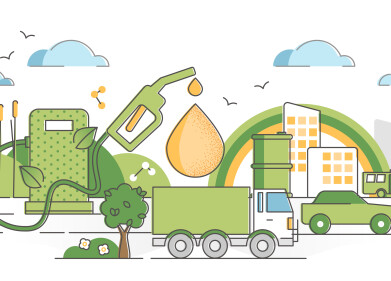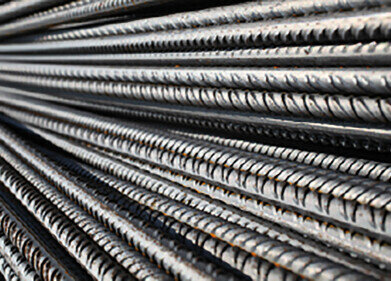Biofuel industry news
New biofuel scheme takes cooking oil to produce carbon-neutral electricity
Jul 06 2012
A new biofuel scheme is taking cooking oil to produce carbon-neutralelectricity, with local residents encouraged to deposit their used cooking oil which will fuel engines and produce electricity for the National Grid.
Devon council has initiated a new scheme where local residents will be encouraged to deposit their used cooking oil in collection tanks which will then be used to produce carbon neutral electricity. The scheme has been introduced at recycling centres across the county, with several companies involved throughout the process.
SITA UK is operating the 17 household waste recycling centres (HWRCs) on behalf of Devon County Council, and Living Fuel will collect the waste cooking oil from both the public and private sectors and produce a patented biofuel, LF100, under a leading edge End of Waste process.
Living Fuels is a Norfolk-based waste oil to fuel specialist, and operatesas a subsidiary of Renewable Energy Generation. The firm said they will refine the recycled cooking oil through a totally natural, chemical-free,process to produce a patented bioliquid to fuel engines and produce electricity for the National Grid.
They added that their systems use an enclosed Combined Heat & Power (CHP) loop, which allows the excess heat from the production of electricity to be converted to energy through a heat exchanger.
A cabinet member for Environment and Communities explained: "Each tank installed at the recycling centres can hold 1,250 litres of used cooking oil and when full will produce enough electricity to power one average household for an entire year."
The project is also hoped to reduce the amount of call-outs water companies are receiving due to blocked drains. Living Fuels say that 75 per cent of call-outs each year involve fats, oils and greases, which is costing an estimated £15 million per annum clearing the drains out.
"Instead of the carbon-hungry nature of manufacturing biodiesel, the recovery of used cooking oil into our chemical-free bioliquid and subsequent electricity generation and capture of heat means a higher recovery of energy, making this process the most sustainable use of waste vegetable oil," added Living Fuels operations director Rob Murphy.
Posted by Joseph Hutton
Digital Edition
PIN 25.6 Buyers' Guide
January 2025
Buyers' Guide Directory - Product Listings by Category - Suppliers Listings (A-Z) Articles Analytical Instrumentation - ASTM D7042: The Quantum Leap in Viscosity Testing Technology -...
View all digital editions
Events
Jan 22 2025 Tokyo, Japan
Jan 25 2025 San Diego, CA, USA
SPE Hydraulic Fracturing Technology Conference and Exhibition
Feb 04 2025 The Woodlands, TX, USA
Feb 05 2025 Guangzhou, China
Trinidad and Tobago Energy Conference 2025
Feb 10 2025 Point Lisas, Trinidad


















